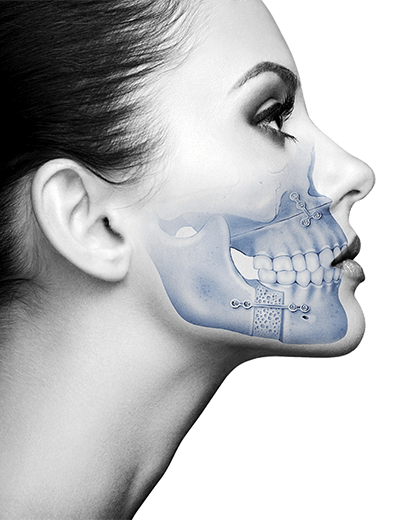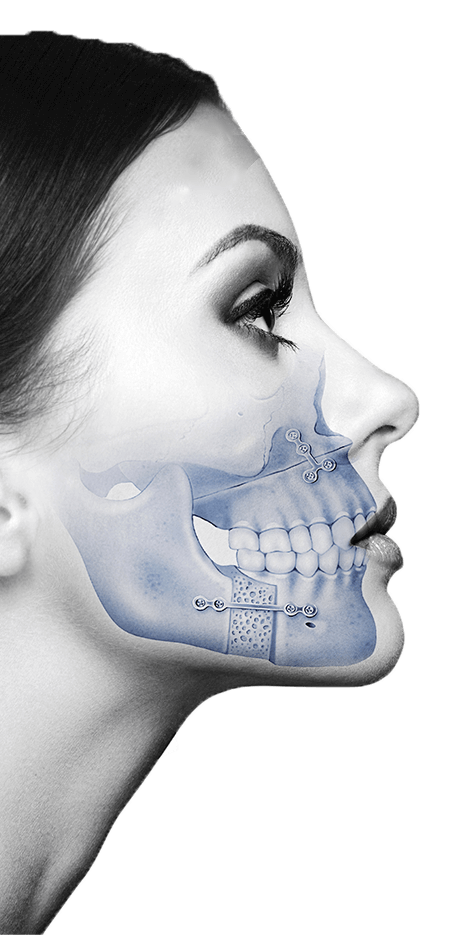Menopause is a complicated period that can lead to oral discomfort, such as dryness and burning of the tongue, gums and lips. The lower supply or the absence of estrogen, natural in this phase of life, can cause atrophy in the mucosa of the oral cavity.
The most frequent oral pathologies suffered by women at this stage are the following:
- Dry mouth: With hormonal changes, the salivary glands produce a poorer secretion that can trigger dry mouth syndrome, also called xerostomia. This can lead to problems when chewing, swallowing, tasting food, or even speaking.
- Burning mouth syndrome: more common in the years after the end of menstruation, this syndrome causes an intense burning sensation that mainly affects the tongue and, sometimes, the lips and gums. In addition to burning, this condition can make it difficult to eat food, cause dry mouth or tooth pain.
- Desquamative gingivitis: due to the lack of production of sexual hormones, many women may present with desquamative gingivitis, a condition characterized by the separation of the outer layers of the gums, exposing the nerve endings. For this reason, it is more painful and annoying than regular gingivitis and can lead to a greater problem of periodontitis.
- Root caries: as a consequence of desquamative gingivitis, the root area of the tooth is exposed, increasing the risk of cavities in this area.
- Loss of teeth: osteoporosis is one of the diseases stimulated by menopause, and therefore great care is required with dental pieces.
Avoiding tobacco, constantly hydrating, using antibacterial mouthwashes, eating a balanced diet and visiting the dentist at least once a year is key to combating oral discomfort at any age.

For all of the above, it is highly recommended to adopt healthy lifestyle habits, maintain good oral hygiene and, above all, visit your dentist regularly. Likewise, it is advisable to make a control visit at the beginning of the menopause or if any of the pathologies listed above are detected, in order to control and/or treat these symptoms that can become very bothersome for patients at a particularly vulnerable moment in life.
Related content:








